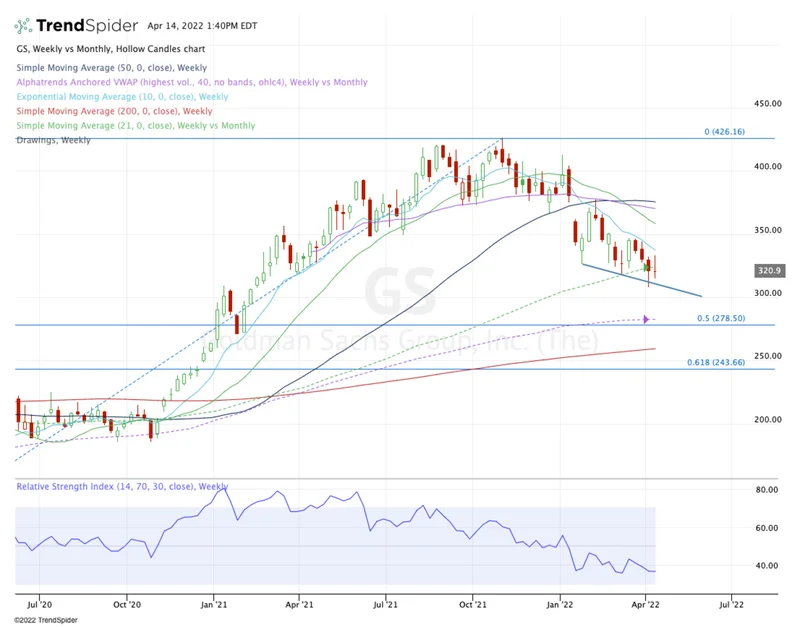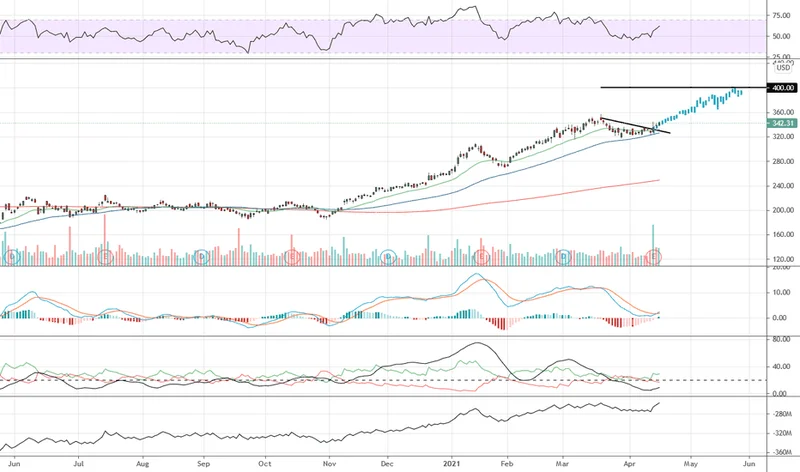Article Directory
So, let's get this straight. Goldman Sachs, the vampire squid of Wall Street, just posted a Q3 earnings report that, on the surface, looks like a home run. They beat Wall Street’s expectations on earnings, on revenue, on net interest income. Investment banking is humming along. The champagne corks should be flying, right?
Then why did the stock immediately take a 2.1% nosedive in premarket trading?
It’s because Wall Street, for all its faults, can still read. And when you read past the flashy headline numbers, you find the real story buried in the expense report. It’s like getting a perfect report card from your kid, only to find a note from the teacher at the bottom that says, “He also set the chemistry lab on fire.”
The Shiny Car with a Blown Engine
Look, I get it. The numbers are pretty. Investment banking fees are up. Asset and wealth management is growing. FICC trading did well. It’s the perfect narrative for a glossy shareholder letter. David Solomon can stand up on a conference call, his voice a smooth balm of corporate confidence, and point to all the green arrows on the slide deck.
But the market isn't just looking at the speedometer; it’s listening to the engine. And right now, that engine is making a horrible, expensive, clanking sound.
Goldman’s total expenses for the quarter were higher than analysts expected. Let that sink in. In the same breath that they’re patting themselves on the back for revenue, they’re quietly admitting that the cost of doing business is getting out of control. This is a bad look. No, 'bad' doesn't cover it—this is a five-alarm dumpster fire of financial discipline.

They’re out there talking about “prioritizing operational efficiency” and yapping about the transformative power of “AI technologies.” Give me a break. It’s the oldest trick in the corporate playbook. When your fundamentals are shaky, just start chanting the latest tech buzzword like a mantra and hope nobody notices the smoke pouring out from under the door. It’s like a magic trick where the magician’s sleeve is on fire. What exactly is this AI doing? Is it ordering more expensive office chairs? Is it generating synergy memos that cost a million bucks a pop? Because it sure as hell doesn't seem to be making the company more efficient.
This whole situation reminds me of my uncle’s obsession with classic cars. He’d spend a fortune making one look perfect—new paint, chrome polish, the works. It would look incredible sitting in the driveway. But the second you tried to drive it, the engine would start coughing and the transmission would slip. Goldman just rolled out a beautifully polished car, but everyone on the street can hear that the engine is about to seize.
Wall Street Is Allergic to BS
Here’s the thing most people outside of finance don’t get: the market isn’t about what happened today. It’s about what’s likely to happen tomorrow. A big revenue number is nice, but a disciplined, well-managed company is a hell of a lot better. When traders see expenses ballooning, they don’t see a successful quarter. They see a company that’s losing control. They see a management team that’s either unable or unwilling to tighten the belt.
And why should they believe things will get better? This isn’t a one-off. We’ve seen this movie before from countless companies that try to spend their way out of a problem. They throw money at new initiatives, hire expensive consultants, and talk a big game about innovation, all while the core business gets flabby and inefficient. Offcourse, they hope the big revenue numbers will distract everyone.
The 2.1% stock slide isn’t panic. It’s a cold, calculated vote of no confidence. It’s the collective market saying, “We don’t buy it.” It’s investors looking at the rising expenses and the flimsy excuses and deciding to get out before the real trouble starts. They see the equities revenue dipping from the last quarter, another small crack in the facade, and they add it to the pile of evidence. They know that a business that can't control its costs is a business built on sand.
So, what’s the real story here? Is Goldman a healthy, thriving institution, or is it just a very large, very complex machine that’s started burning way too much fuel to keep the lights on? And how long can they keep pointing at the shiny parts while ignoring the engine that's about to blow? They expect us to just believe the PR, and honestly...
It's The Cost, Stupid.
Let’s stop pretending this is complicated. Goldman Sachs can print all the cheerful press releases it wants, but Goldman Sachs stock dips after Q3 expenses, headcount climb; earnings and revenue beat (GS:NYSE) - Seeking Alpha told the real story. You can’t brag about your income while your credit card is maxed out. This wasn’t a sign of strength; it was a warning flare. The headline was a victory, but the fine print was a confession: the house is getting more and more expensive to maintain, and no amount of AI-powered hand-waving is going to change that. The stock didn't drop because of a mystery; it dropped because the math just doesn't add up.

